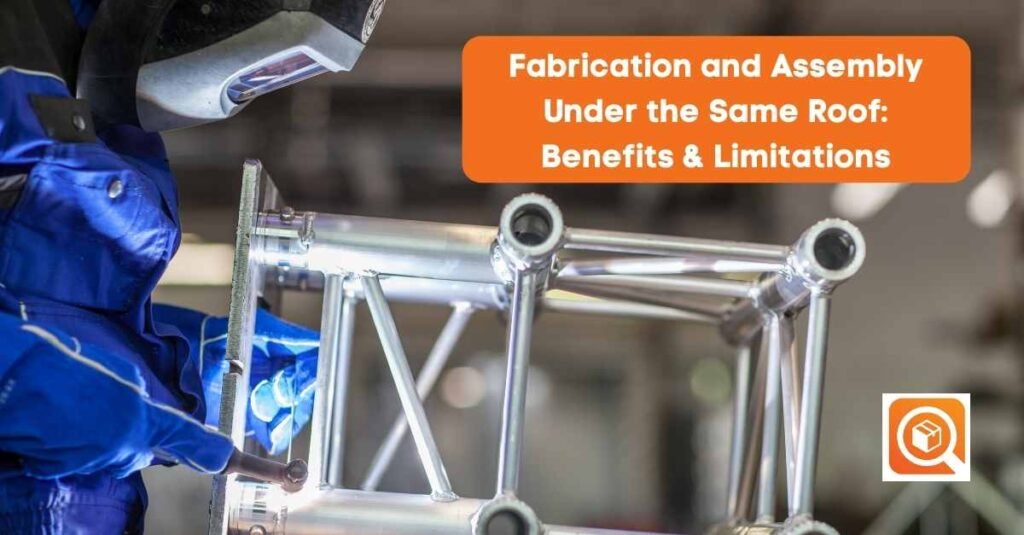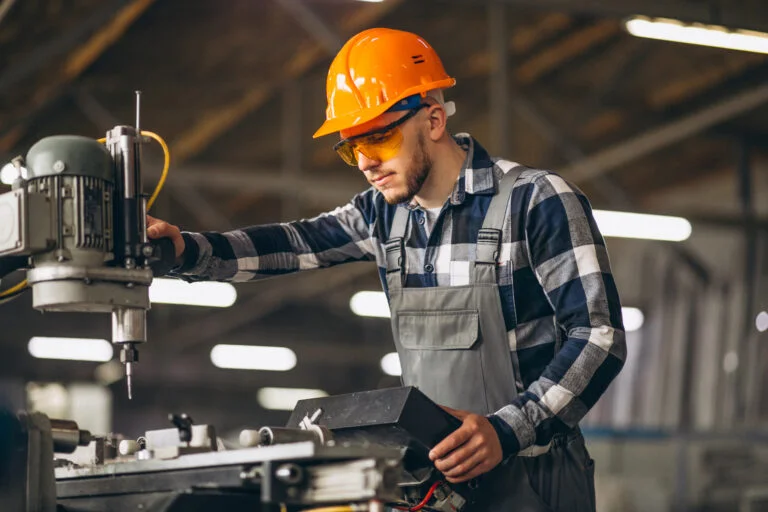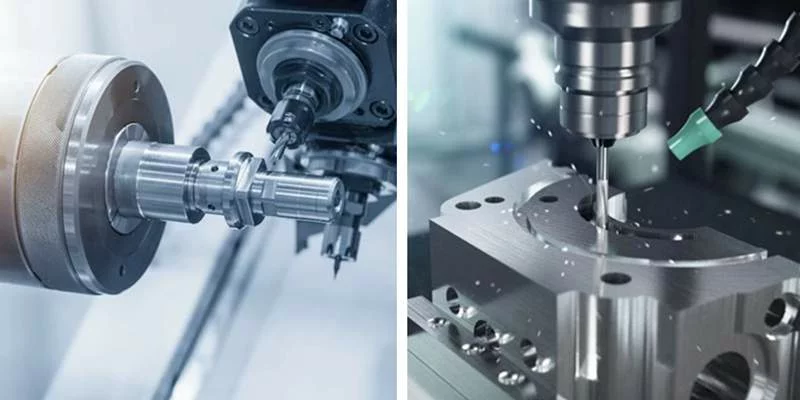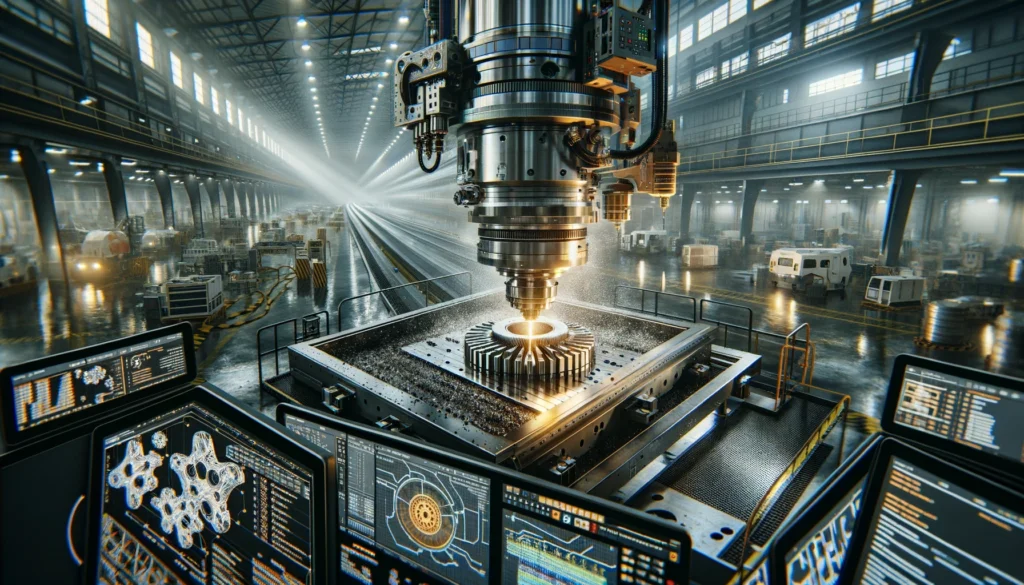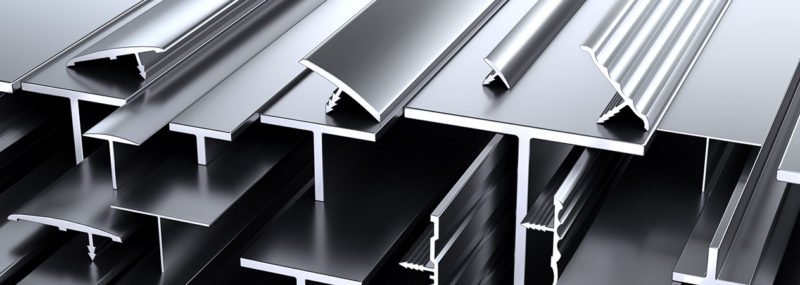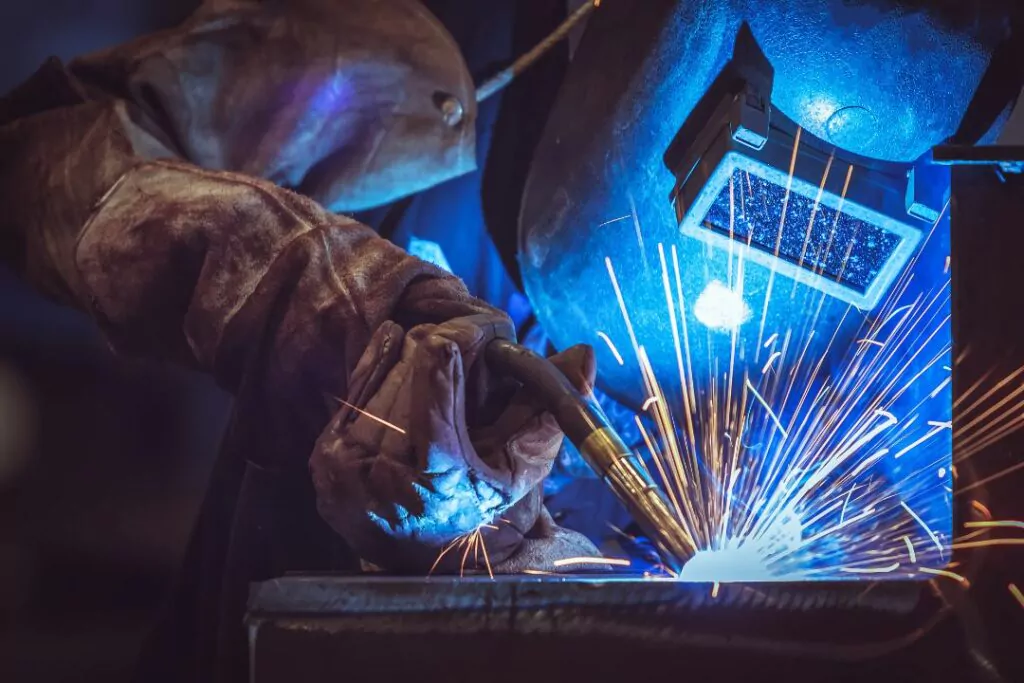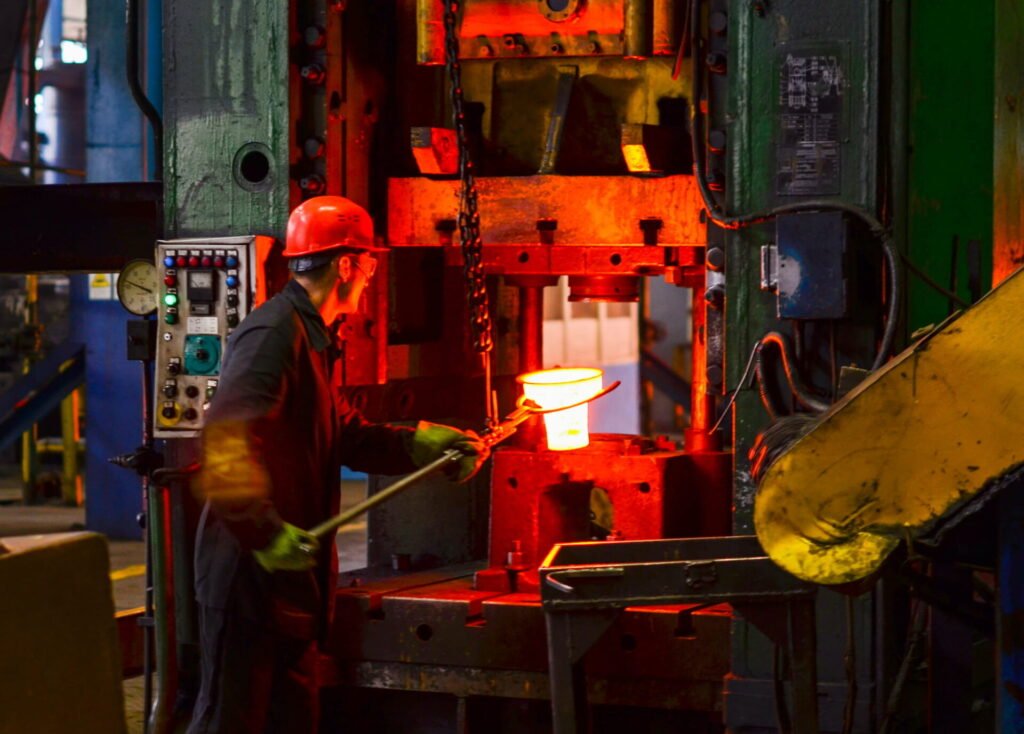
A Step-by-Step Guide to the CNC Machining Process: From Design to Operation

Information:
CNC machining (Computer Numerical Control) has become an integral part of modern manufacturing, allowing for precise and efficient production of parts and components. This technology is used in various industries, from aerospace to automotive, and plays a critical role in creating complex and precise components. In this blog, we will provide a step-by-step guide to the CNC machining process, from the initial design phase to the final operation of the CNC machine.
Step 1: Design and CAD Modelling
The CNC machining process begins with the design of the part or component to be manufactured. This design is typically created using Computer-Aided Design (CAD) software. CAD allows engineers and designers to create detailed 2D or 3D models of the part, specifying dimensions, shapes, and tolerances. This digital representation is essential for the CNC machine to understand how to shape the material.
Step 2: CAM Programming
Once the design is complete, the next step is Computer-Aided Manufacturing (CAM) programming. CAM software converts the CAD model into a set of instructions that the CNC machine can understand. These instructions include toolpaths, cutting speeds, feeds, and other parameters needed for machining. CAM programming is a critical step as it directly affects the quality and efficiency of the machining process.
Step 3: Material Selection
After the CAM programming is done, the appropriate material for the part is selected. The choice of material depends on the application, and it can range from metals like aluminium and steel to plastics and composites. Material selection plays a crucial role in determining the tooling, cutting speeds, and feeds.
Step 4: Tool Selection
Step 5: Machine Setup
The next step is choosing the right cutting tools for the job. The type of tool, its geometry, and material must match the material being machined and the complexity of the part. Common tools used in CNC machining include end mills, drills, and reamers. The toolpath data generated in the CAM programming step is used to guide these tools.
Before the machining process begins, the CNC machine needs to be set up. This involves securing the workpiece in the machine, loading the appropriate cutting tools, and configuring the machine settings. It’s crucial to ensure that the machine is properly calibrated to achieve the desired precision.
Step 6: Machining
With the machine set up and all parameters in place, the actual machining process can commence. The CNC machine reads the CAM-generated instructions and precisely follows the toolpaths to remove material from the workpiece. This step involves cutting, milling, drilling, or any other required processes to shape the part according to the CAD design.
Step 7: Quality Control and Inspection
Throughout the machining process, quality control and inspection are essential. Operators may use measurement tools like callipers, micrometres, or Coordinate Measuring Machines (CMMs) to verify that the part’s dimensions and tolerances are within specifications.
Step 8: Final Finishing and Surface Treatments
After the initial machining, the part may require additional finishing processes. These can include deburring, polishing, or applying surface treatments such as anodizing, painting, or coating to improve the part’s aesthetics and functionality.
Step 9: Assembly (if applicable)
In some cases, multiple machined parts are assembled to create a more complex assembly. This step can involve welding, fastening, or adhesive bonding, depending on the design requirements.
Step 10: Testing and Quality Assurance
Before the final product is released, it undergoes rigorous testing and quality assurance checks to ensure that it meets the desired specifications and performance standards. This may include functionality tests, stress tests, and other quality control procedures.
In summary
CNC machining is a sophisticated and precise manufacturing process that starts with the initial design of a component and concludes with the operation of the CNC machine to create the final part. Each step of this process plays a critical role in ensuring the quality, precision, and efficiency of the end product. CNC machining has revolutionized the manufacturing industry, allowing for the production of complex and accurate components that were once deemed unachievable through conventional machining methods.
CNC Machine-Works at Mechkonnect
Mechkonnect is a pioneering player in the field of CNC machining and manufacturing. We seamlessly integrate our expertise with the CNC machining process outlined above, providing a comprehensive solution that adheres to the highest industry standards.
Mechkonnect’s journey begins with a commitment to understanding the specific requirements of the clients. We collaborate closely with our customers during the initial design phase, leveraging their knowledge of CNC machining to offer valuable insights that help optimize designs for manufacturability and cost-effectiveness. With cutting-edge CAD and CAM capabilities, Mechkonnect transforms these designs into precise toolpaths and machining instructions, ensuring the highest level of accuracy.
When it comes to material selection and tooling, Mechkonnect’s experienced team makes informed choices, taking into account the material properties, part complexity, and specific project goals. Our state-of-the-art CNC machines are meticulously set up, calibrated, and maintained to meet exact industry standards, and the machining process is executed with precision and attention to detail.
Mechkonnect offers one of the best CNC machine solutions
Quality control and inspection are paramount at Mechkonnect. Our team employs advanced measuring and testing equipment to verify that the machined components meet or exceed the specified tolerances. This commitment to quality assurance continues through the finishing and surface treatment stages to ensure the delivered parts are of the highest quality.
Mechkonnect’s dedication to following the CNC machining process, combined with its deep industry knowledge and cutting-edge technology, allows it to deliver exceptional precision and quality in every project we undertake. They consistently meet the stringent demands of various industries, making them a trusted partner for clients seeking reliable and top-tier CNC machining solutions.
Recent Post


